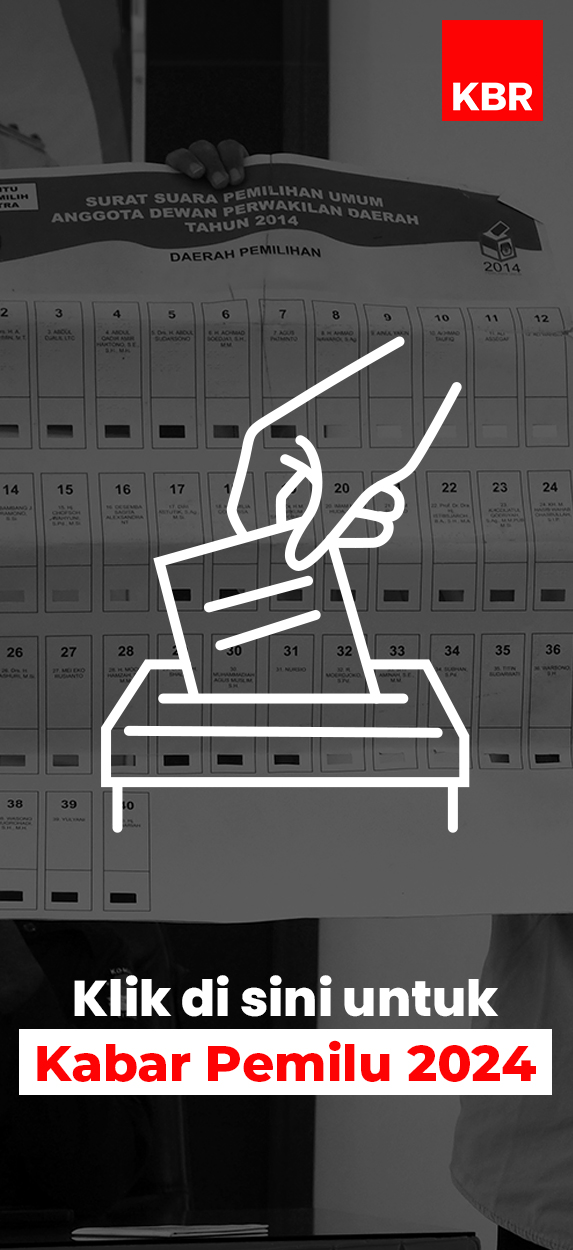Ferdinand Marcos died in exile in 1989 having stashed overseas some of the billions of dollars he, his relatives and cronies misappropriated.
In 2002 Swiss authorities transferred more than 600-million dollars to the Philippines National Bank, or PNB.
It was under an escrow agreement, a form of legal safekeeping, and the PNB invested some of the money in the Singapore branch of a German bank, WestLB.
In 2004 PNB released funds to the Philippines government, but 23 million dollars remained in Singapore, and has been battled over by the rival claimants ever since.
Now Singapore's Court of Appeal has upheld a decision that the 23 million dollars belongs to the now privately owned PNB.
One of the claimants representing thousands of victims of the Marcos regime is SELDA, the Society of Ex-Detainees Against Detention and Arrest. SELDA's chairwoman, Marie Hilao-Enriquez, is disappointed.
“We don't welcome the decision of the Singapore court in that the decision does not recover for the Philippine government, nor for the human rights violation victims, the plundered wealth of the Marcos's.”
The presidential commission on good government has the job of retrieving the Marcos money and was one of the parties to the court case.
The head of the commission Andres Bautista says as a claimant in the case the human rights victims served only to drag out the process.
He's confident of retrieving all the money now the court has ruled in PNB's favour.
“We view this development in a positive light. The ownership actually belongs to the republic because PNB entered into an escrow agreement with the republic in the 1990s where it serves as the trustee for the account.”
Now that it's been confirmed that PNB is the holder of the money, legitimate holder of the money, how soon before it's returned to the Philippines treasury and then can be put to use for the victims or for the land reform program?
“Well again hopefully as soon as possible. Again these monies have been there for years, and we're hoping that no more appeals or no more other tactics or other legal remedies will be resorted to again further prevent the remittance of these monies back to the Philippine national treasury.”
And then of course what's still outstanding is the payment of compensation for victims. A claims board is yet to be formed, would you support calls for that to be put in place as soon as possible to get this process really moving?
“Again we have been in the Presidential Committee on Good Government under the Aquino administration was one of I believe the key agencies that pushed for the passage of the human rights compensation law.”
Despite the decades of campaigning it was only in February last year that President Benigno Aquino signed the act that will allow compensation for victims of human rights abuses under Marcos.
Marie Hilao-Enriquez says the board to process compensation claims should be formed without delay.
“We are disappointed because we know it's been signed for one year now and it's not yet been implemented. So we are urging President Aquino to really, really think about the formation of the claims board so that the law could be implemented now and the monies will be distributed to hundreds of thousands of Marcos victims who mainly are sickly and some are dying already.”
Philippines Government Confident of Retrieving Marcos Fund
The Singapore Court of Appeal has ruled that 23 million dollars from the estate of the late dictator Ferdinand Marcos belongs to the Philippine National Bank.

INDONESIA
Sabtu, 11 Jan 2014 15:13 WIB


Philippines, Philippines National Bank, Marcos fund, SELDA, Karon Snowdon Radio Australia
Kirim pesan ke kami
WhatsappRecent KBR Prime Podcast
Kabar Baru Jam 7
Strategi Perempuan Pengemudi Ojol Mengatasi Cuaca Ekstrem (Bag.4)
Arab Saudi Bangun Taman Hiburan Bertema Minyak di Tengah Laut
Menguji Gagasan Pangan Cawapres
Mahfud MD akan Mundur dari Menkopolhukam, Jokowi: Saya Sangat Hargai




